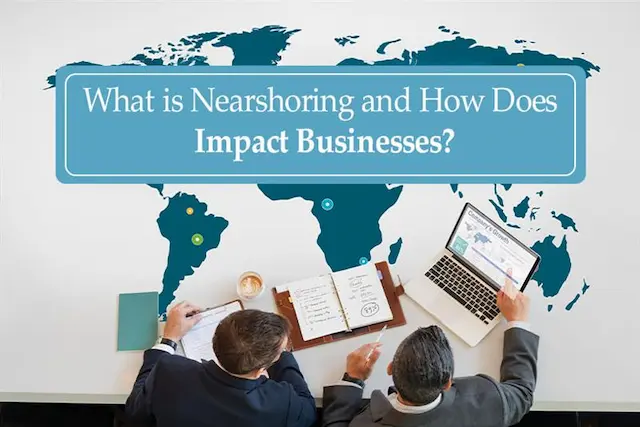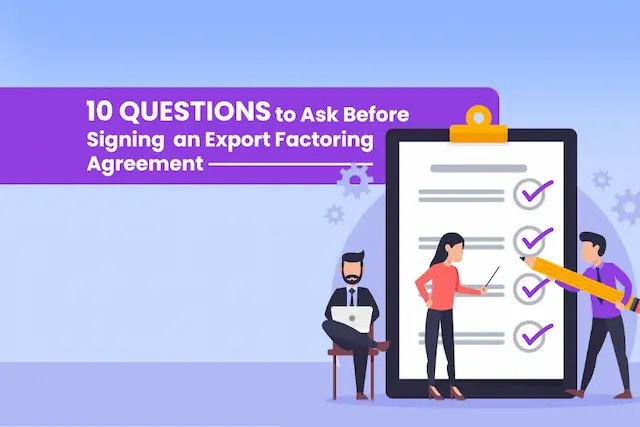If you’re involved in importing or exporting goods to or from the European Union (EU) or the United Kingdom (UK), you’ll likely need an EORI number. But what exactly is an EORI number, and why is it important? In this guide, we’ll explain everything you need to know about EORI numbers, including what they are, why they’re needed, who requires them, and how to get one. We’ll also cover some important details about how Brexit has affected the EORI number system. Let’s dive in!
What is an EORI Number?
EORI stands for Economic Operators Registration and Identification. It’s a unique identification number that businesses and individuals in the EU or UK need if they are involved in importing or exporting goods to or from the EU. This number is used by customs authorities to track and register these activities, making the process smoother and more organized.
An EORI number is essential for anyone in the EU who wants to trade goods with countries outside the EU. After Brexit, the UK has its own EORI system, but the concept remains the same. Whether you’re in the EU or the UK, you need an EORI number to move goods across borders.
Why is an EORI Number Important?
The EORI number is crucial for several reasons:
- Legal Requirement: If you’re in the EU or the UK and involved in international trade, you must have an EORI number. Without it, you cannot legally import or export goods.
- Smooth Customs Process: The EORI number helps customs officials quickly identify and process your goods. This reduces delays and ensures that your goods move through customs efficiently.
- Avoiding Penalties: If you don’t have an EORI number when it’s required, customs officials can hold or even confiscate your goods. This can lead to delays and financial losses.
- Transparency: The EORI number ensures that all your import and export activities are registered and tracked, which helps maintain transparency in trade practices.
Who Needs an EORI Number?
Anyone involved in international trade within the EU or the UK needs an EORI number. This includes businesses of all sizes, as well as individuals who are importing or exporting goods commercially.
Here are some examples:
- EU-based traders: If you’re in an EU country and you’re exporting goods to a non-EU country, you need an EORI number.
- UK-based traders: If you’re in the UK and trading with the EU or other non-EU countries, you’ll need a UK EORI number.
- Non-EU/UK traders: In some cases, businesses based outside the EU or UK may also need an EORI number, especially if they are filing customs declarations.
What is an EORI Number Used For?
An EORI number is required for various customs-related activities, including:
- Customs Declarations: When you import or export goods, you’ll need to submit a customs declaration. The EORI number must be included in this declaration.
- Entry Summary Declarations (ENS): This is required when goods are entering the EU, and the EORI number must be provided.
- Exit Summary Declarations (EXS): This is needed when goods are leaving the EU, and again, the EORI number is required.
- Temporary Storage: If goods are placed in temporary storage before customs clearance, the EORI number is needed.
- Transit Declarations: If goods are being transported through the EU by sea, air, or land, the EORI number is used for transit declarations.
The Impact of Brexit on EORI Numbers
Before Brexit, the UK was part of the EU, so UK businesses did not need a separate EORI number to trade with the EU. However, after Brexit, the UK left the EU’s customs union, and now UK businesses need a separate UK EORI number to trade with the EU.
Here are some key points to consider:
- UK EORI Numbers: After Brexit, UK businesses need a UK EORI number to trade with the EU. This number starts with “GB” and is followed by a 12-digit code.
- Northern Ireland: For businesses in Northern Ireland, if they trade with non-EU countries, they need an EORI number that starts with “XI.” This is because Northern Ireland follows different customs rules than the rest of the UK.
- EU EORI Numbers: If a UK business continues to trade with the EU, it may also need an EU EORI number, depending on where the customs declarations are filed.
How to Apply for an EORI Number
Applying for an EORI number is a straightforward process. Here’s how you can do it:
- Determine Where to Apply: If you’re based in the EU, you’ll apply through your national customs authority. In the UK, you can apply through HMRC (Her Majesty’s Revenue and Customs).
- Prepare Your Information: You’ll need to provide some basic details, such as:
- Your business’s start date
- Your VAT number (if applicable)
- Your National Insurance number (for individuals in the UK)
- Your Standard Industrial Classification (SIC) code
- Submit Your Application: Most applications can be completed online through the relevant customs authority’s website. The process is digital and straightforward.
- Wait for Confirmation: After submitting your application, you’ll receive your EORI number by email once it’s processed. This typically takes a few weeks, but the exact time may vary depending on the country.
EORI Number Format
An EORI number consists of two parts:
- Country Code: This is a two-letter code representing the country that issued the EORI number. For example, “GB” for the UK or “DE” for Germany.
- Unique Identifier: This is a unique number or code issued by the country. In the UK, for example, this number is 12 digits long and is often linked to the business’s VAT number.
Here’s an example of what an EORI number might look like:
GB200040006000
Where to Use the EORI Number
Once you have your EORI number, it needs to be included on various documents used in the customs process, such as:
- Commercial Invoices
- Packing Lists
- Customs Declarations
Customs officials will check for the EORI number on these documents. If it’s missing, they may hold your goods until the number is provided.
How Long Does It Take to Get an EORI Number?
The time it takes to get an EORI number can vary depending on the country. However, on average, it takes about three to four weeks. It’s a good idea to apply for your EORI number well before you plan to start trading, to avoid any delays.
Conclusion
In summary, the EORI number is a vital part of international trade for businesses and individuals in the EU and UK. It helps customs officials track and manage goods moving across borders, ensuring that the process is smooth and efficient. Whether you’re exporting or importing goods, having an EORI number is a legal requirement and a crucial part of your trading activities.
If you’re planning to start trading internationally, make sure you apply for your EORI number as early as possible to avoid any delays. The process is simple, and once you have your EORI number, you can trade with confidence, knowing that your goods will pass through customs without any issues.
By understanding the importance of the EORI number and how to obtain it, you can ensure that your business complies with all the necessary regulations and enjoys smooth international trade operations.Also Read: AEPC Registration and Subsidy Schemes for Apparel Exporters





